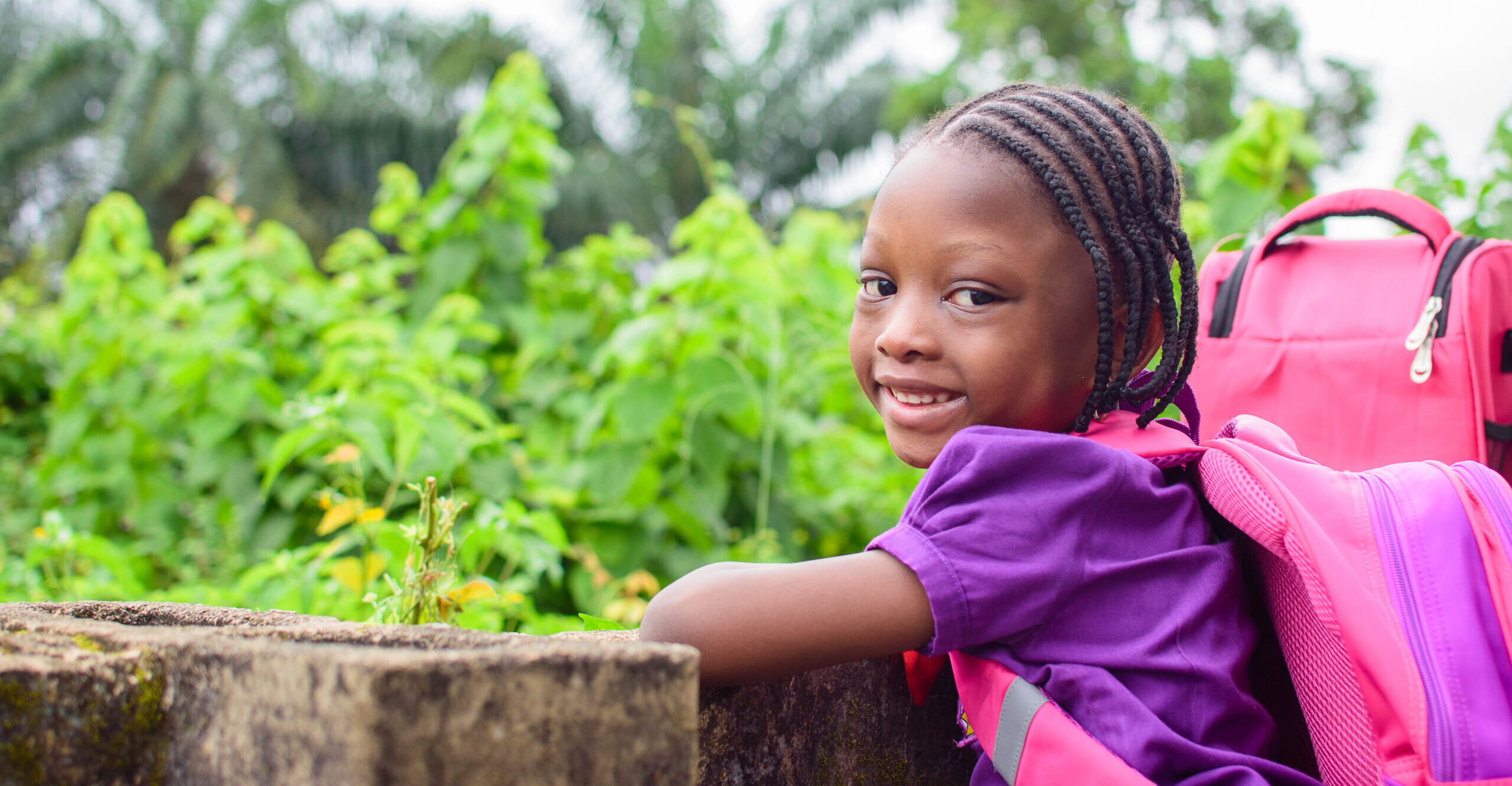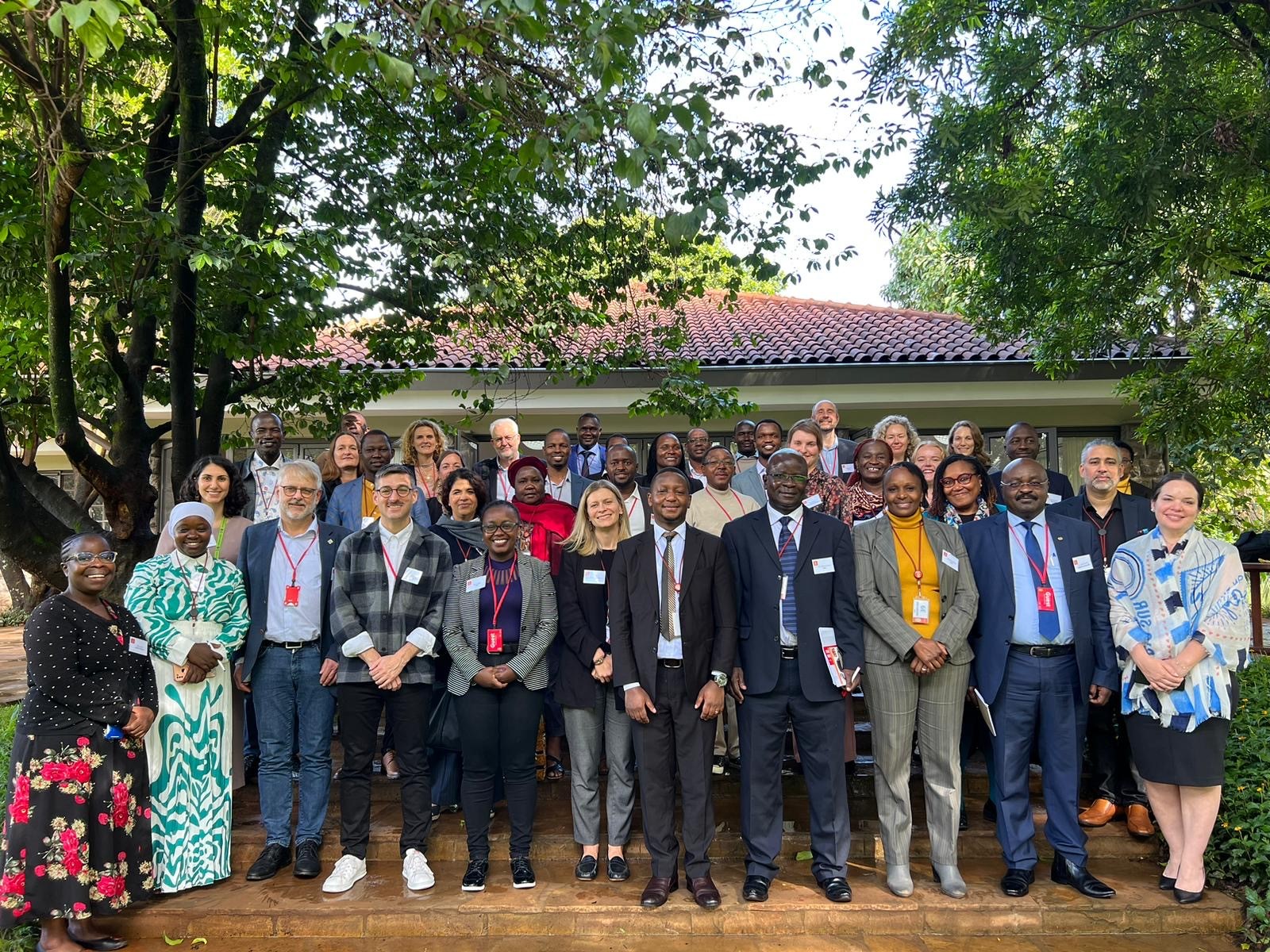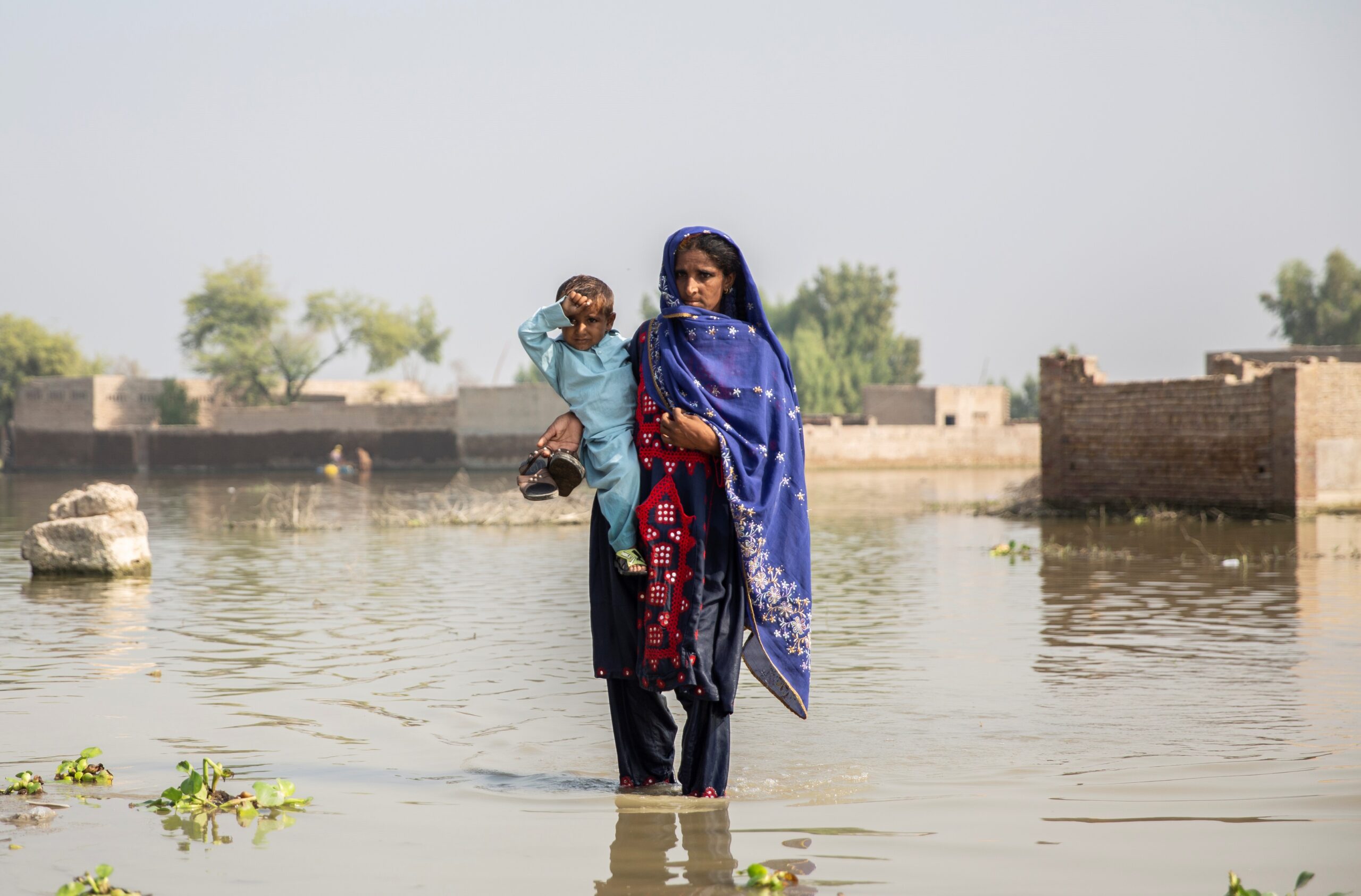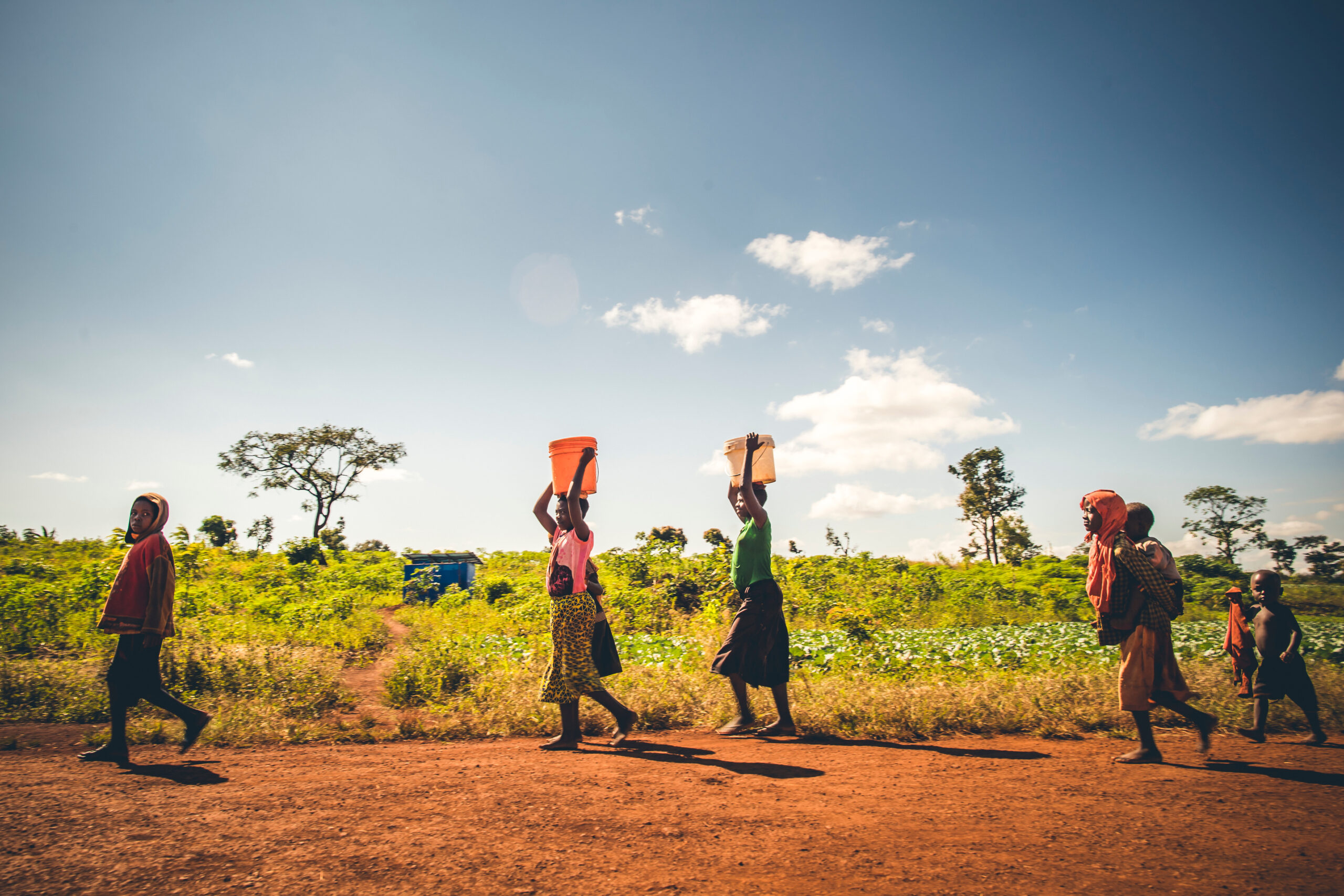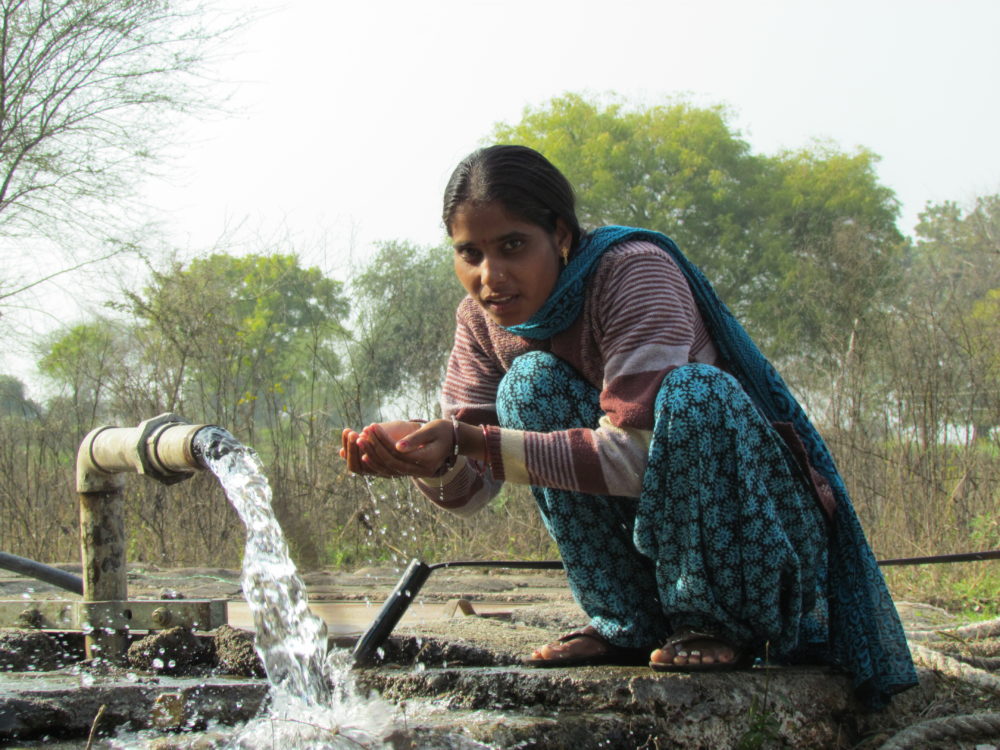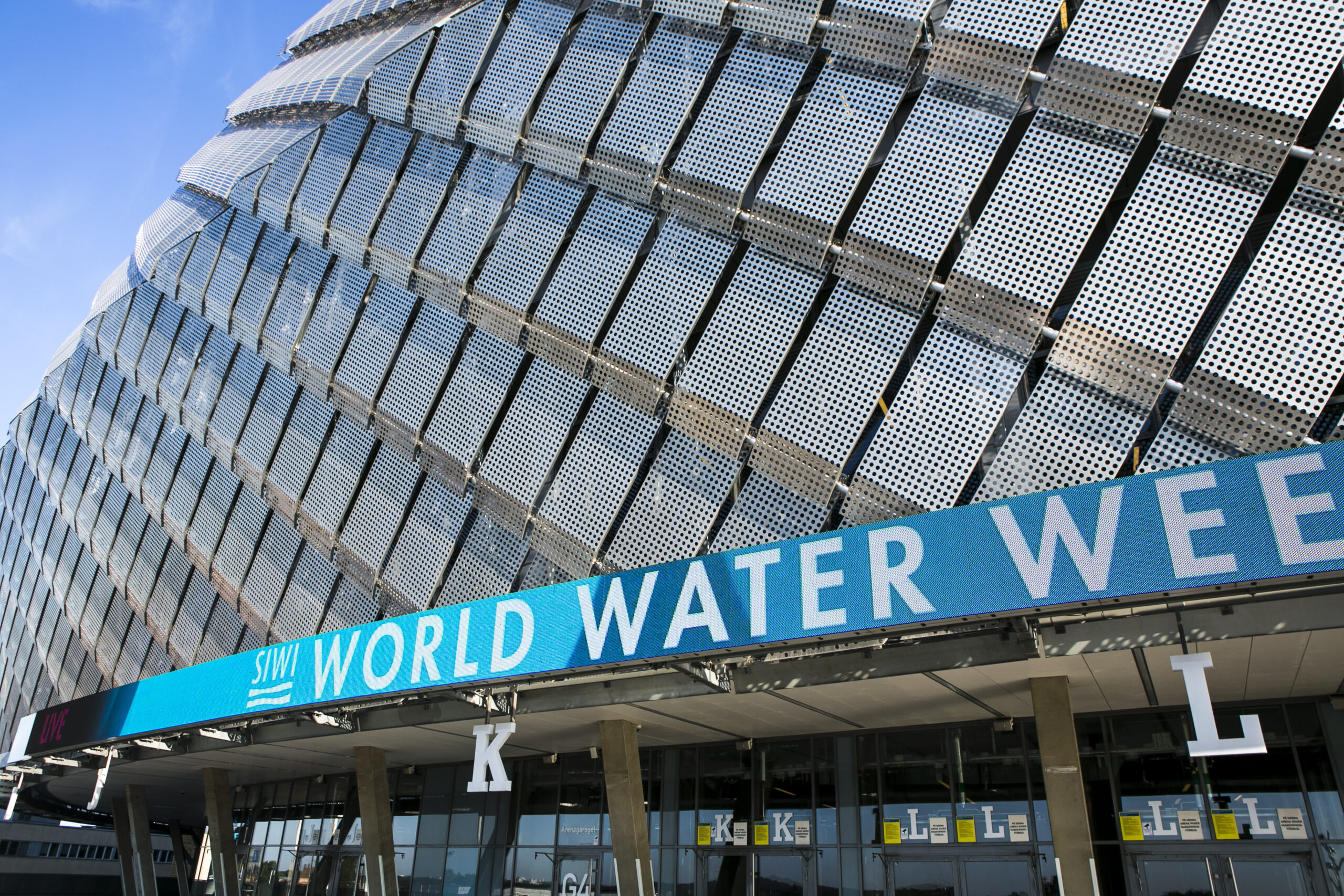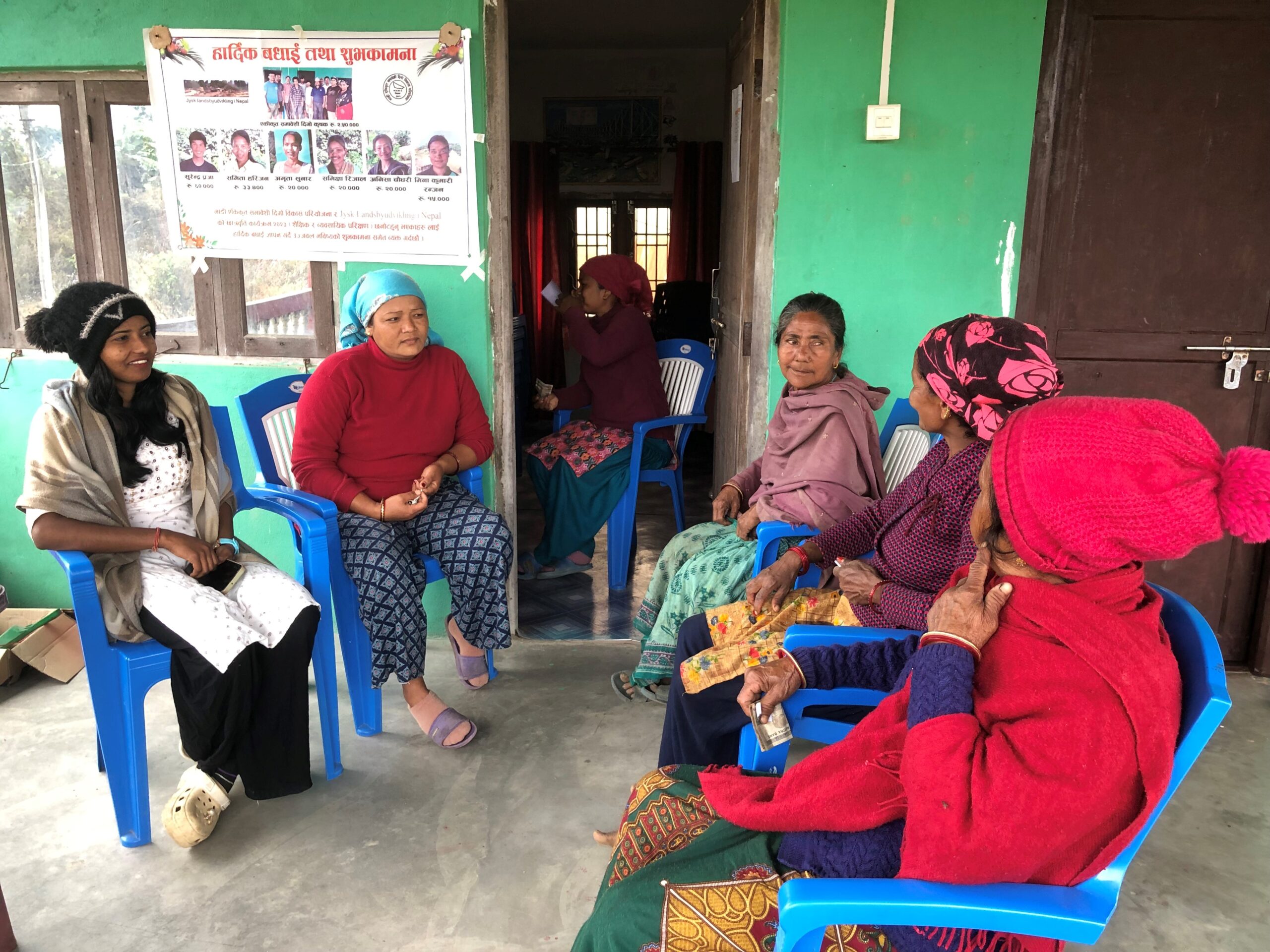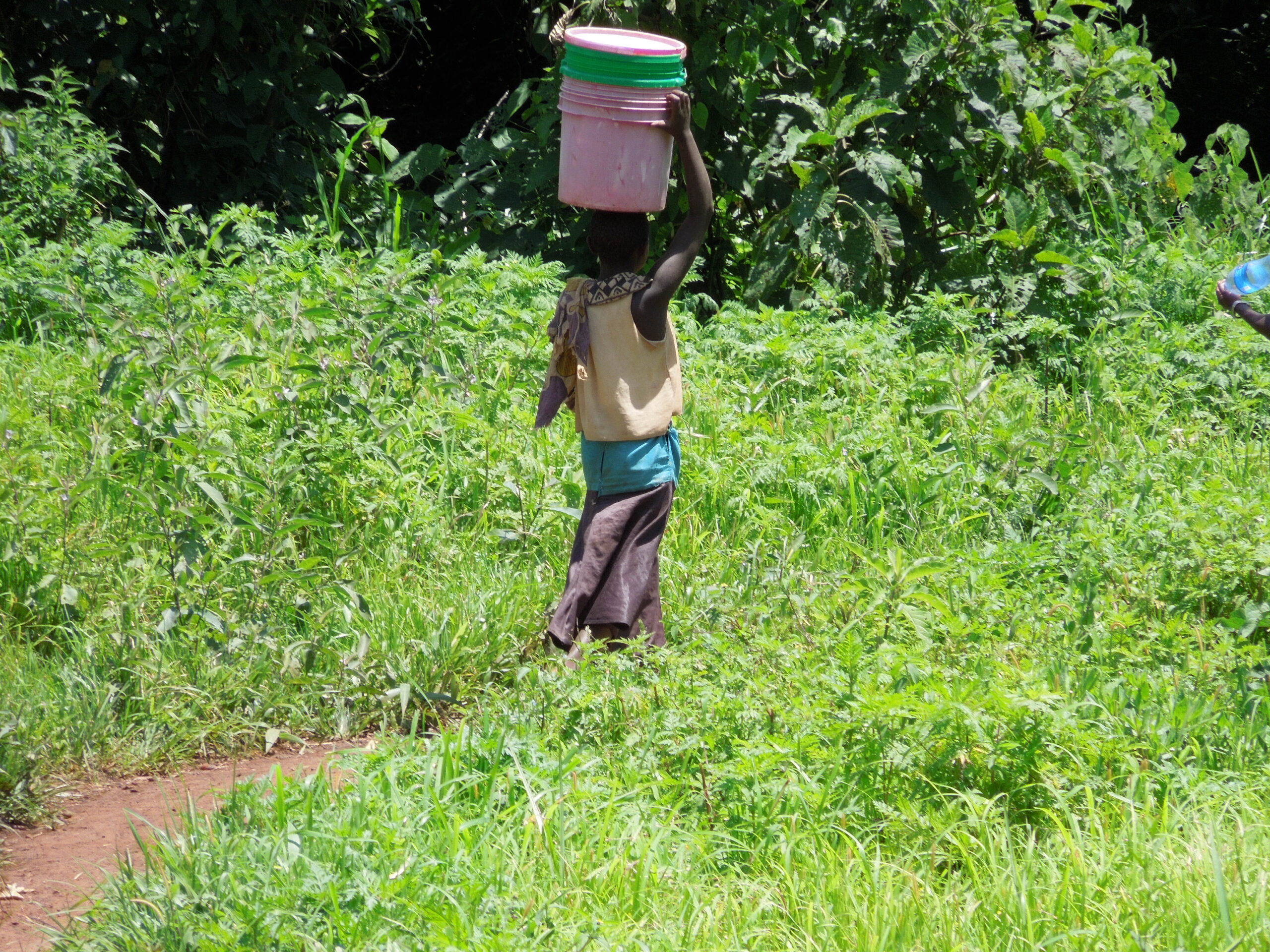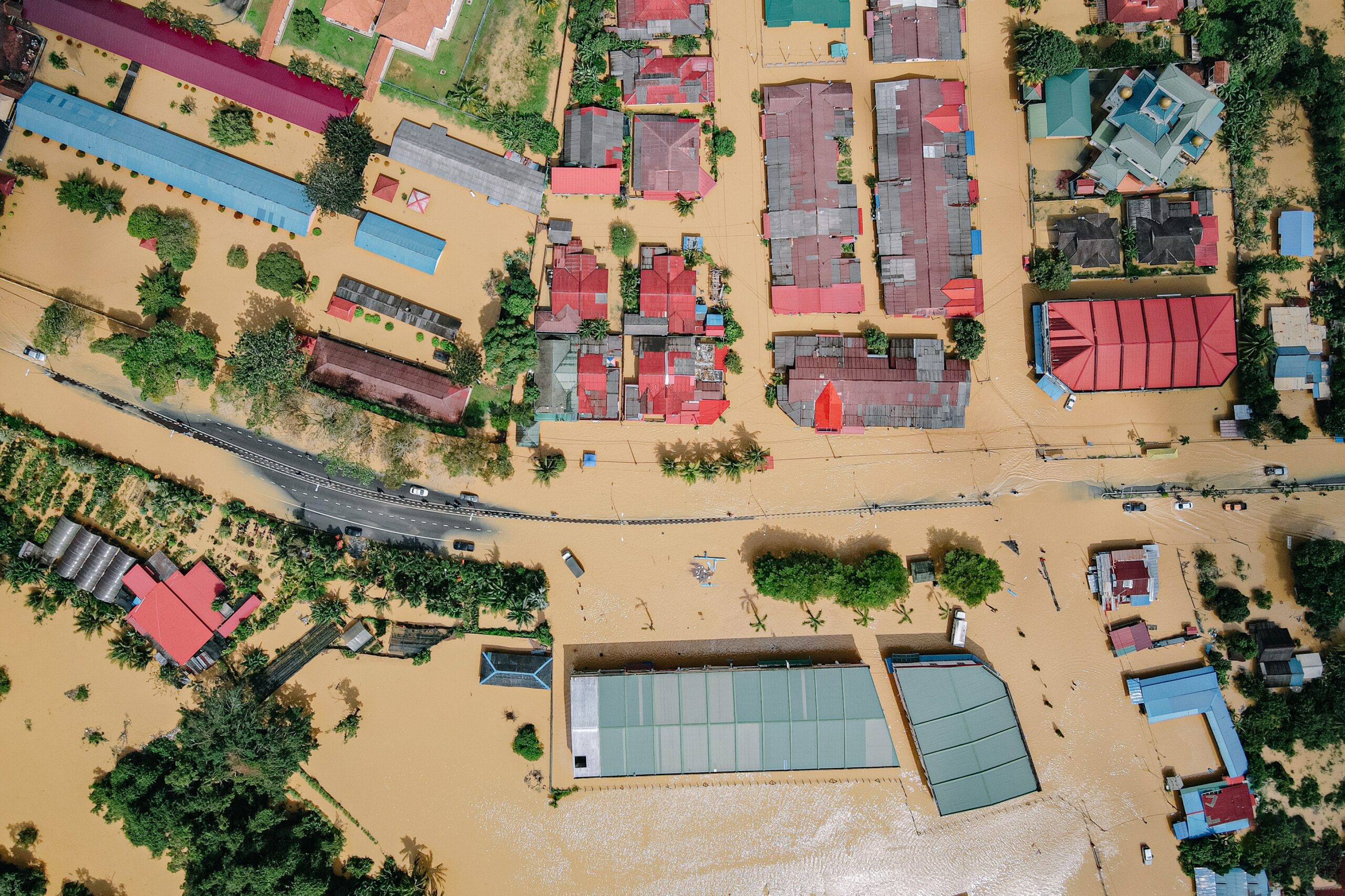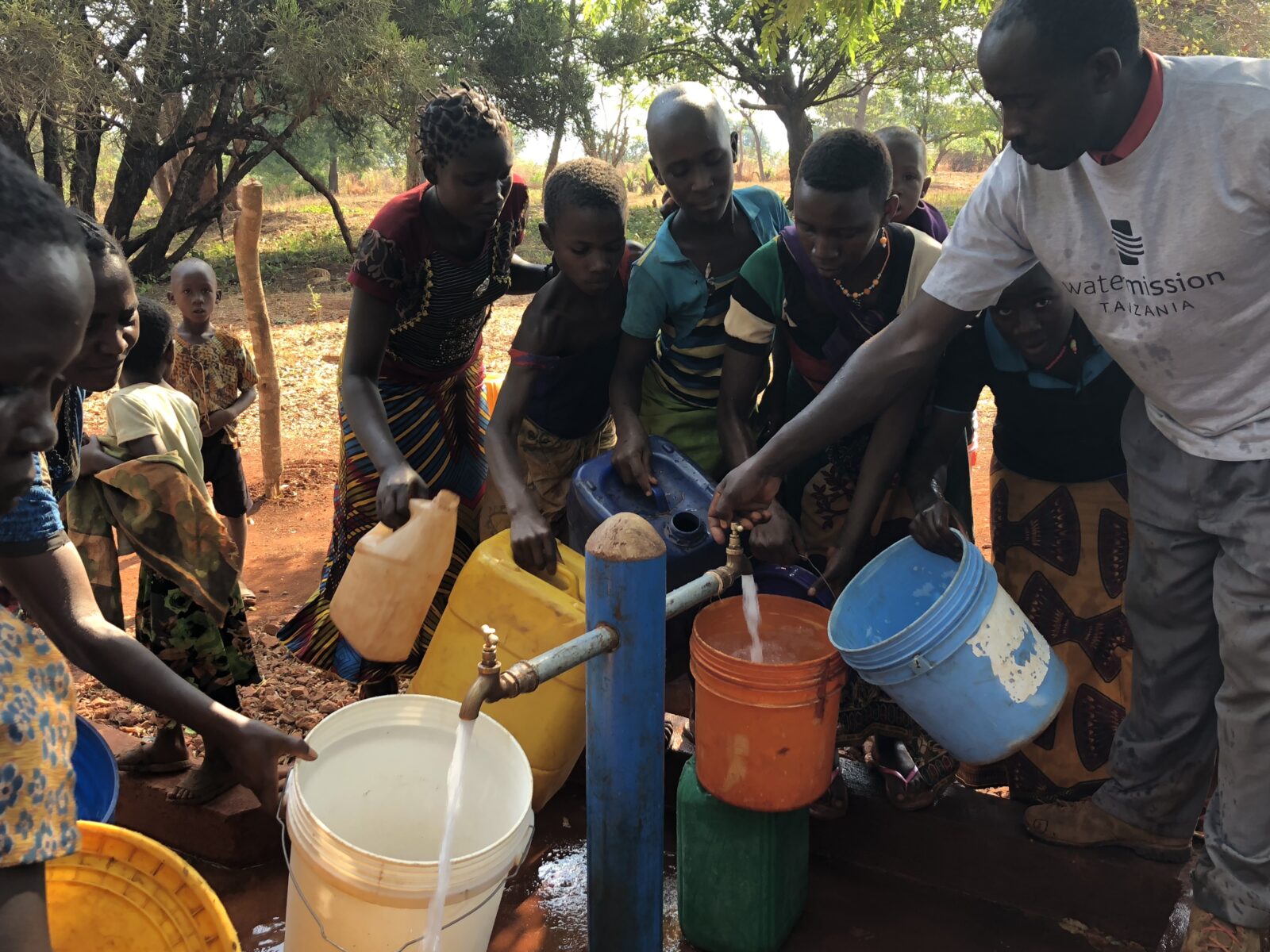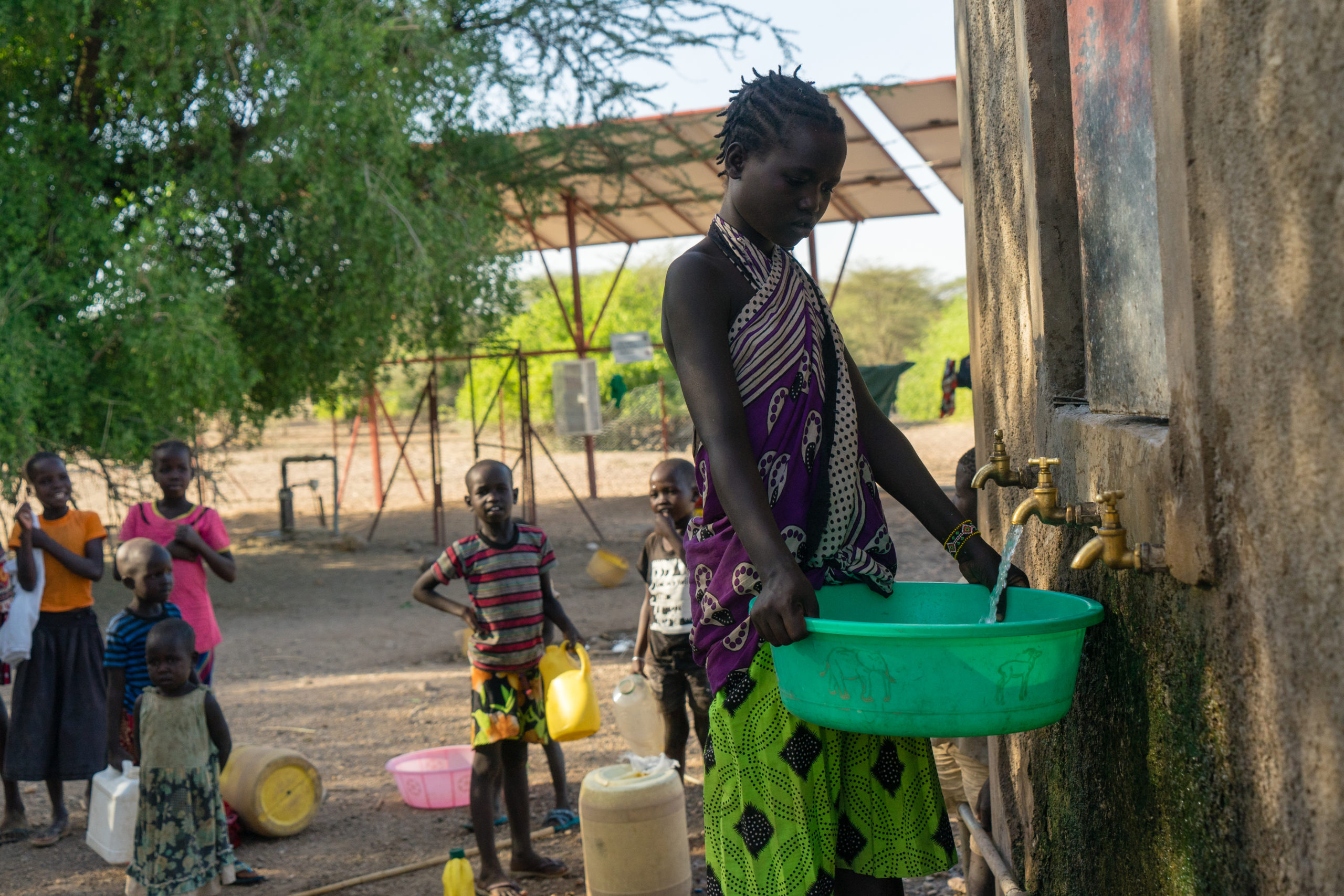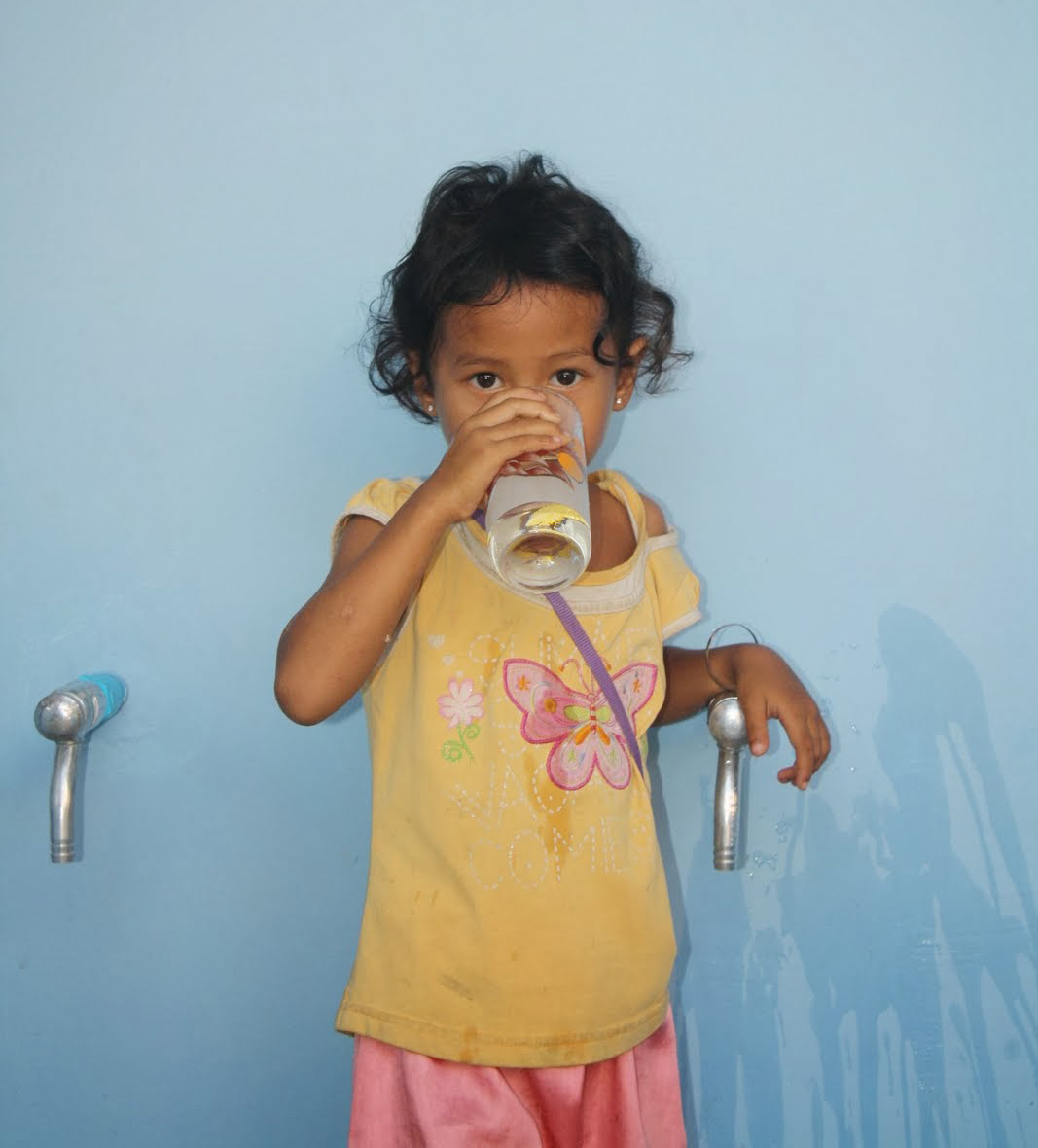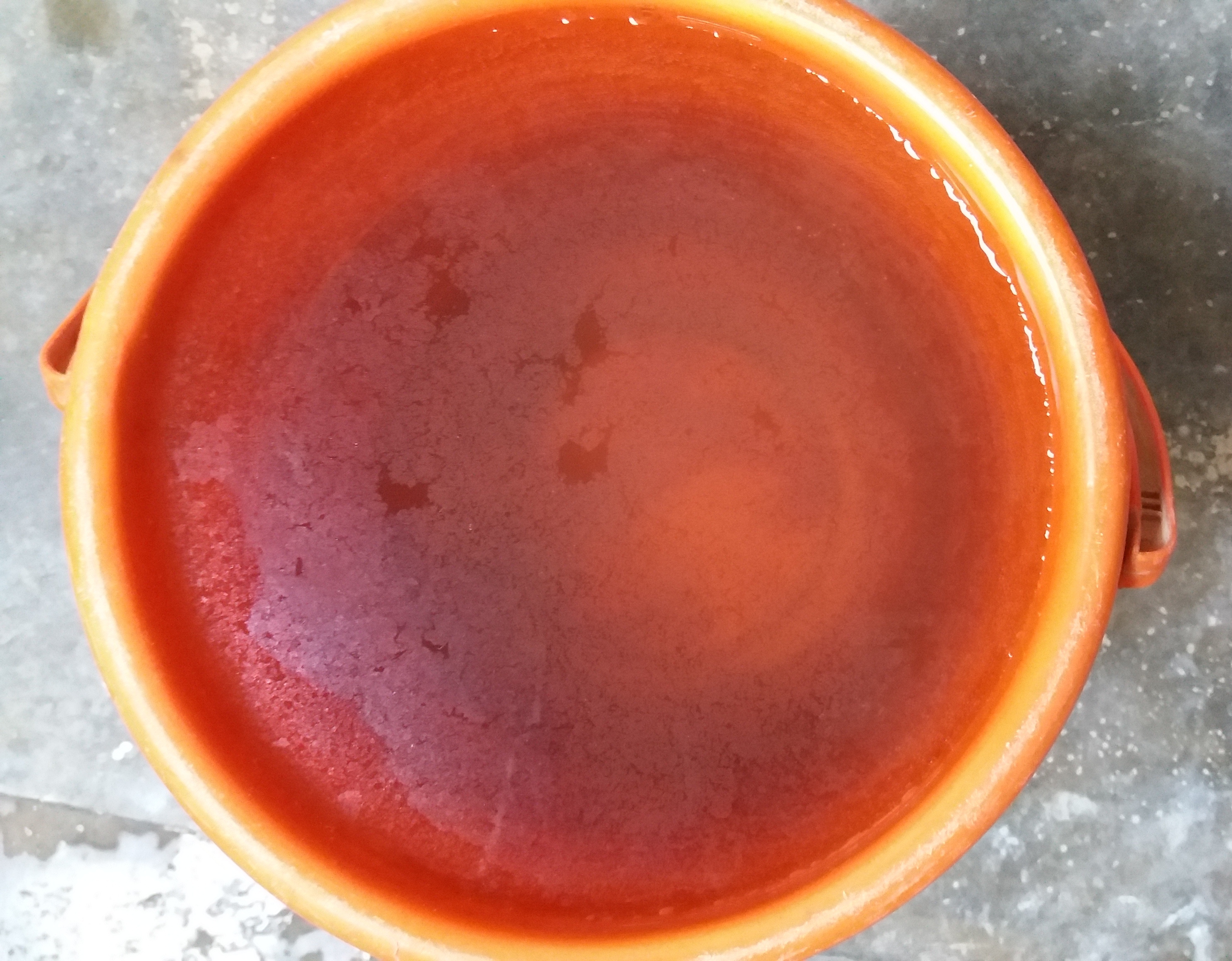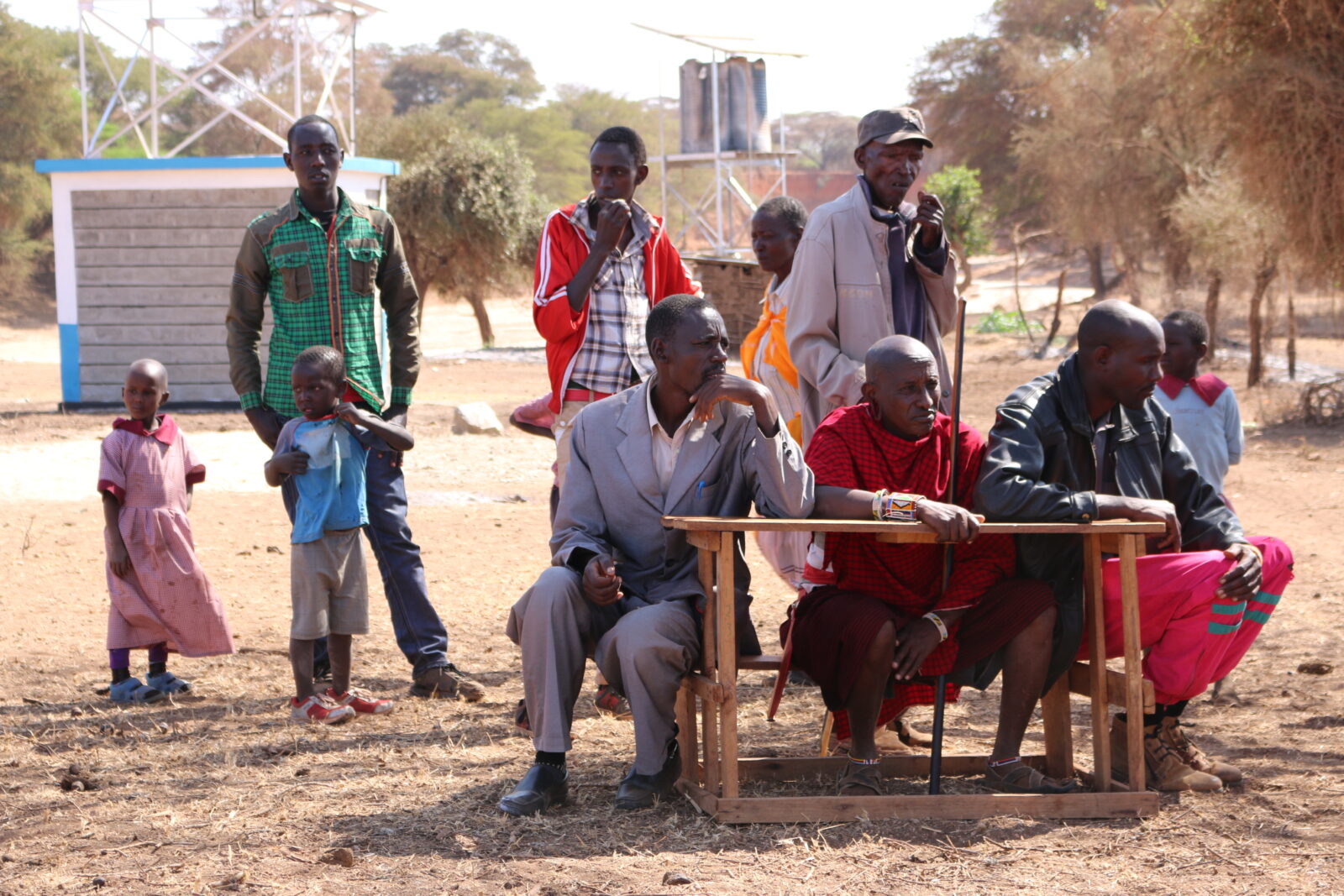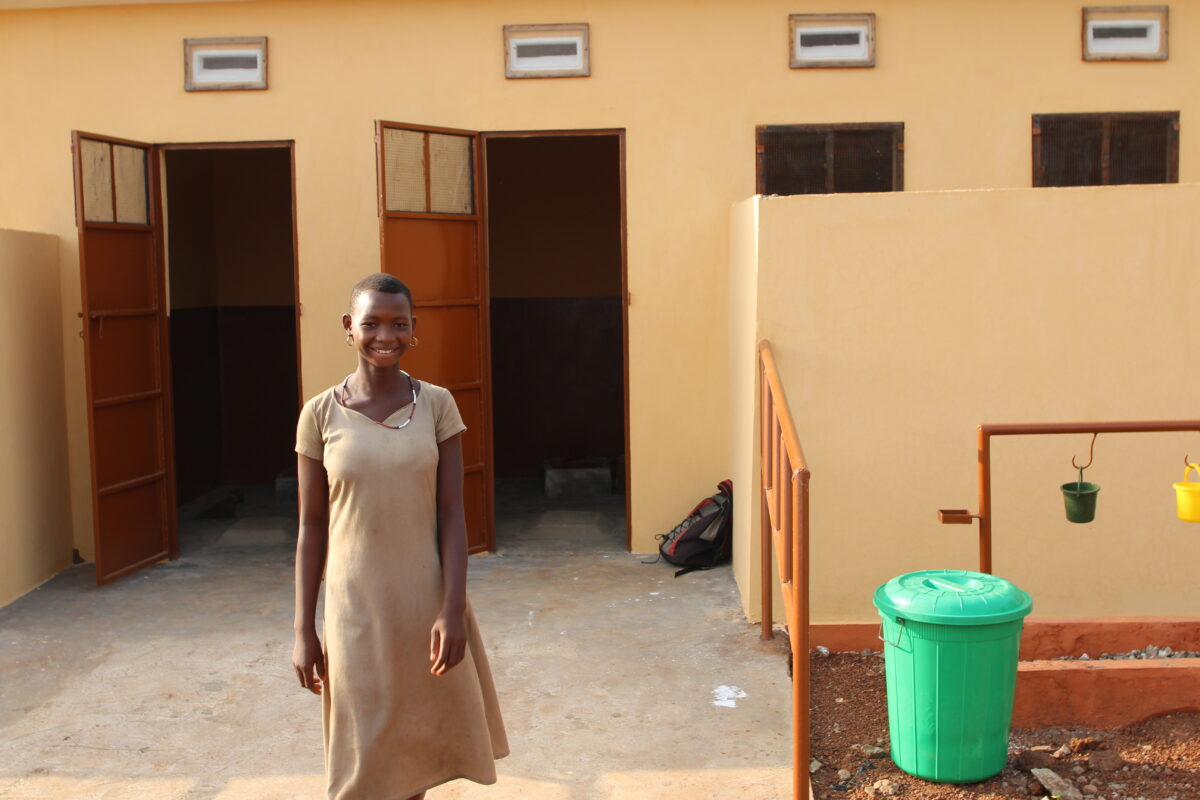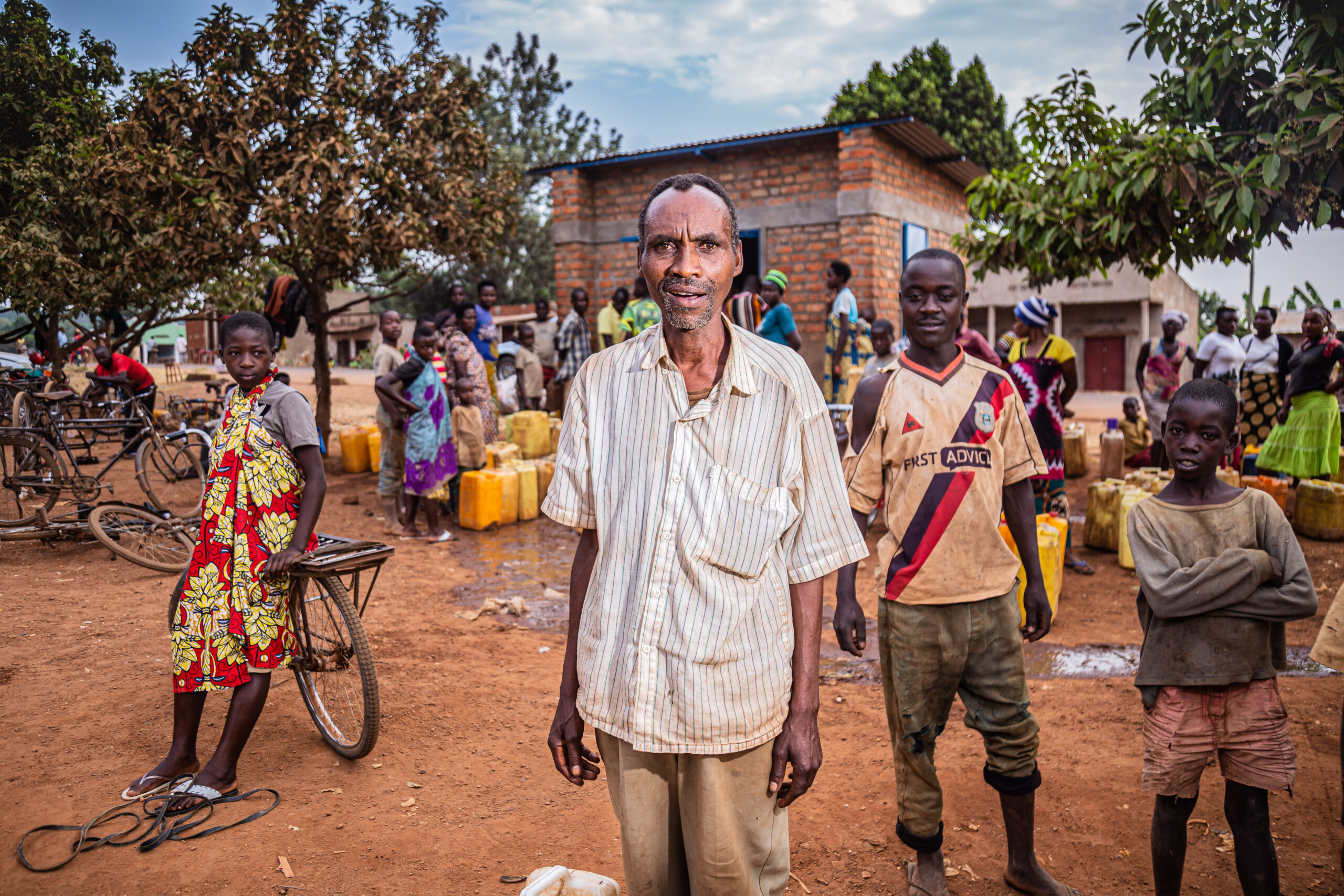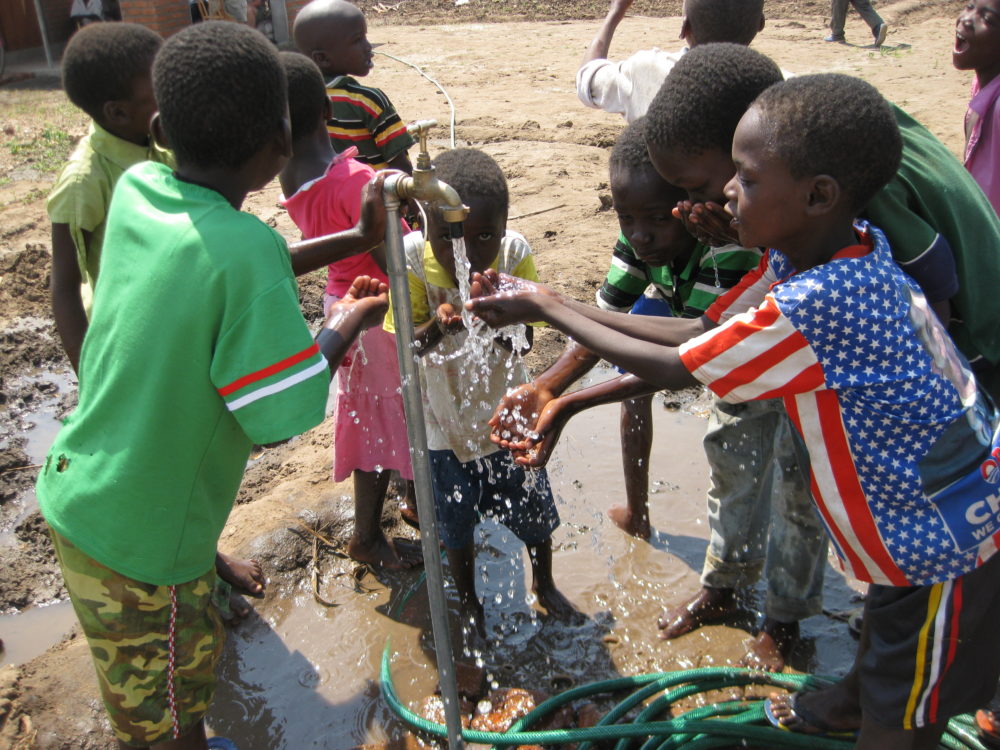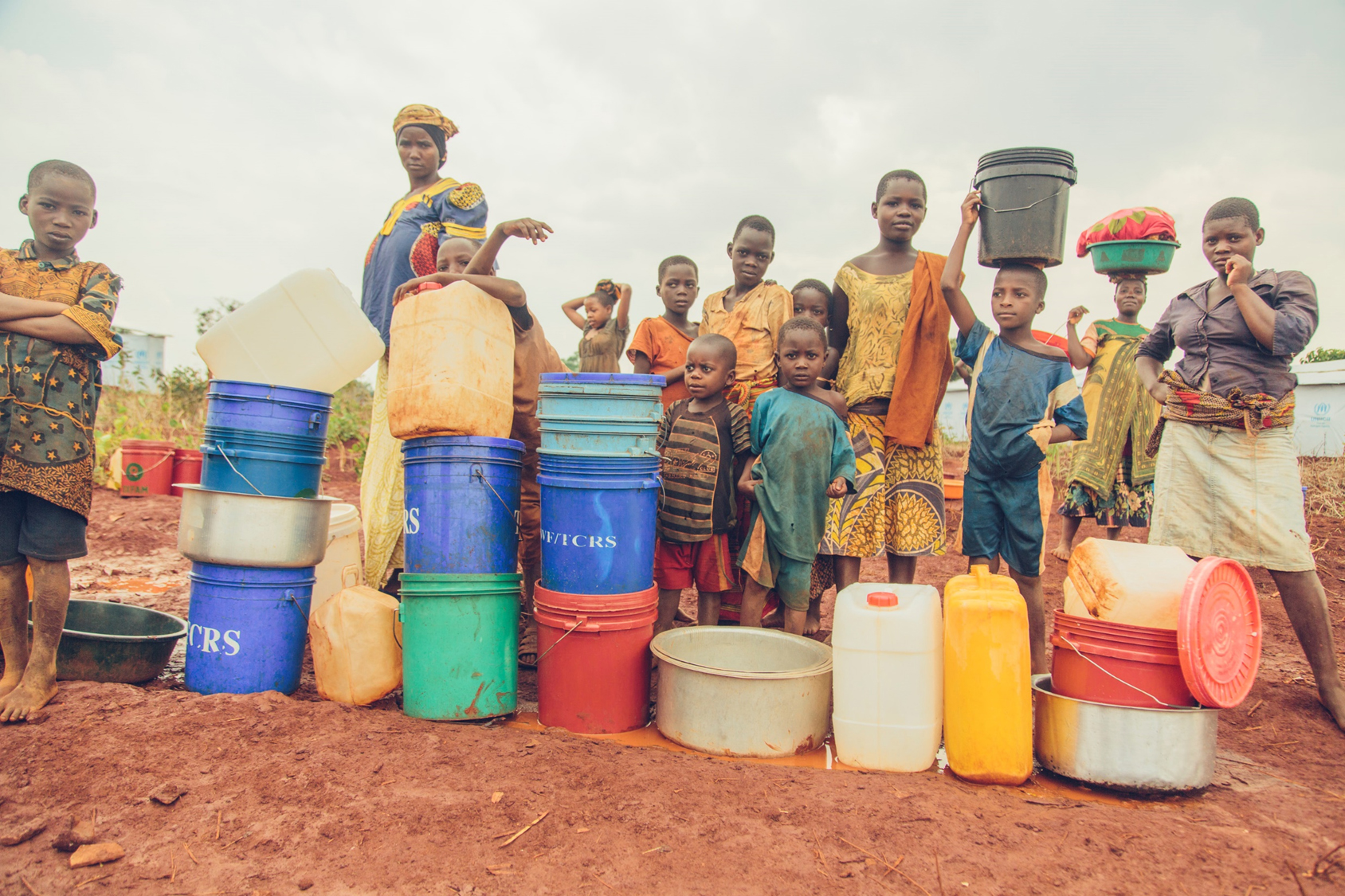The refugee community in Gambella consists of a number of refugee camps and the surrounding villages. The various refugee camps and nearby villages do not have access to a clean and safe water source. The water comes either from boreholes that are a long distance away from the residential areas, rainwater that they collect or water that they themselves pump up with a hand pump. They use this water both for household purposes and for drinking purposes. All of these sources are contaminated and unreliable, not suitable for household or drinking use. In these areas, there are also no proper sanitation facilities. Both factors contribute to causing negative consequences for both the refugee camps and the surrounding villages.
Partnership for quality
PlanBørnefonden will be responsible for training, contact with the authorities and the overall project management, while Water Mission will be responsible for the technical installations. The partners also plan to use TEM (Transient ElectroMagnetics) technology to find the most suitable locations for new groundwater wells. With assistance from Water Mission, new solar-powered water systems will be installed over a period of 30 months.
With a budget of 25 million Danish kroner, the project shows a seriousness towards the authorities who must secure the necessary permits and be given responsibility for the camp’s water supply in the future. Three refugee camps, a refugee reception center and 15 surrounding villages will have an active ownership of these water systems and will be trained in managing and implementing these water systems, as well as collecting small amounts for the water to ensure the long-term effect.
The project aims to ensure sustainable water supplies in refugee communities in western Ethiopia. This project is expected to have a major impact on the health and living standards of local communities. It is also expected that the pressure will be eased on the women and girls in those communities, as the water burden often falls on their shoulders.


